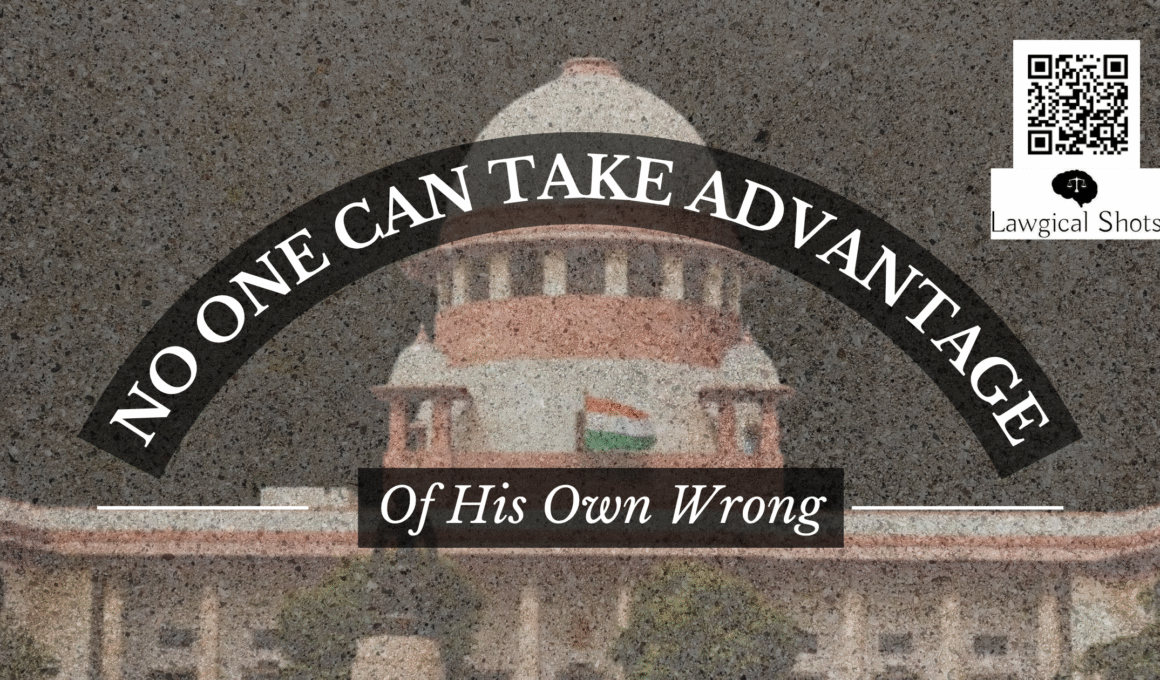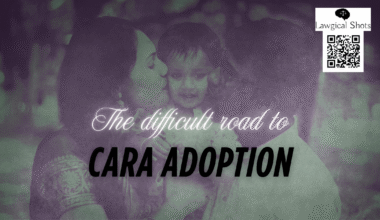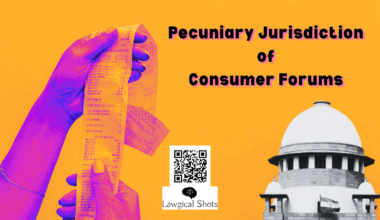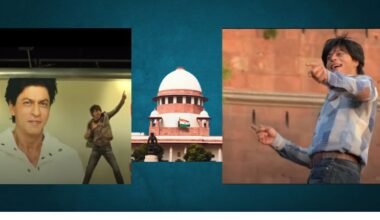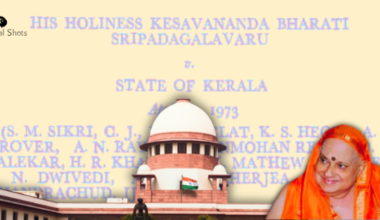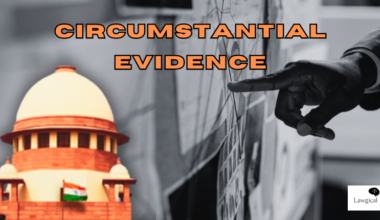A person mortgages his land to a co-operative society for a loan. Later, he borrows money from a relative and signs a sale deed for the same land. That relative then sells the land to a third person. The issue arises – who legally owns the land, and was the sale valid? Speaking of the first person, can the initial wrong committed be reversed? Supreme Court says that “no one can take advantage of his own wrong” in recent case law.
Machhindranath v. Ramchandra Gangadhar Dhamne (2025)
Factual Background
The plaintiff Machhindranath had an ancestral property, a land of 15 acre and 17. In 1956, The plaintiff became a member of a registered Co-operative Society called “Kendal Bk. Vividh Karyakari Seva Sahakari Sanstha Limited” a co-operative society registered under Maharashtra Co-operative Societies Act, 1960.
The plaintiff took a loan from this Society which was to be repaid by November 1971. As security of loan, he gave a legal declaration that created a charge (a legal hold) on the suit land in favour of the Society in August 1969. After that, a record of this charge called Mutation Entry, was officially made.
Later as the plaintiff found himself in financial problem, he took a loan of ₹5,000 from Defendant No.1 (his nephew and son-in-law). As a security, the plaintiff signed a registered sale deed on 2nd November 1971, transferring the suit land to Defendant No.1. On the same day, another document the ‘Ram Ram Patra’, also known as a Reconveyance Deed was also signed where Defendant No.1 admitted that the actual market value of the land was about ₹25,000, and he agreed to return (re-convey) the land to the plaintiff once the ₹5,000 was repaid. But, in December 1971, an official record called Mutation Entry No. 3520 was made, showing Defendant No.1 as the new holder of the land.
In July 1972, Defendant No.1 sold 10 acres of the suit land to Defendant No.2 through a registered sale deed in ₹30,000 and because of this sale, the original land (Survey No.30) was divided into two parts:
- The part sold to Defendant No.2 became Survey No.30/1,
- The remaining land became Survey No.30/2.
When Machhindranath came to know about this sale, he went to court and filed a case Civil Suit before the Trial Court. He asked the court for possession of both parts of the land.
After the suit was filed, Defendant No.2 asked the Co-operative Society to remove the charge on the land. On 27th August 1973, after the full payment of loan by Machhindranath, the Society passed resolution to officially remove the charge on the land.
In March 1980, the Trial Court held that the sale deed of November 1971 was void under Section 48 of the Maharashtra Co-operative Societies Act because it violated the rules related to land with a loan-related charge. Defendant No.2 failed to prove that he was a Bonafide buyer (genuine purchaser) who purchased without knowing legal issues on land.
So, the Court ordered Defendant No.1 to return the land to the plaintiff (reconveyance) once the plaintiff pays back ₹5,000. The trial court decision was reversed by the High court which was challenged in the Supreme Court.
Court observation in Machhindranath v. Ramchandra Gangadhar Dhamne
The Court observed that the section 48 of the Maharashtra Co-operative Societies Act says that if a loan is taken from a society and a charge is declared on the land, then no sale or transfer of that land is allowed until the loan is fully repaid. If any such sale happens, then it is void as per section 48(e).
In this case, the plaintiff sold the land in 1971 without repaying the loan and without the Society’s permission. The court observed that at a first glance, it appears that the sale was clearly illegal and void under Section 48(e). But it needs to be looked into in depth. The plaintiff claimed the sale was void but the Court observed that the plaintiff himself violated the law. Now, he cannot use that violation to get the sale cancelled. The Court explained that “The law cannot, and does not, reward a person for his/her own wrongs.”
In this case, the court explained the important difference between “void” and “voidable” with reference to Dhurandhar Prasad Singh v. Jai Prakash University (2001). A void transaction is invalid from the beginning whereas voidable transaction is valid unless someone challenges it and gets it cancelled. In this case, the sale was not completely void but it was voidable. However, only the Society had the right to challenge its validity. Since the Society never objected and released the land. Hence, the sale remains valid.
The Court rejected the argument that the land has been sold at a very cheap price. The Court highlighted that the buyer (Defendant No.1) was both the nephew and son-in-law of the plaintiff, so family ties could explain the lower price. The plaintiff did not provide any proof (like documents or expert valuation) to support the ₹25,000 claim. The plaintiff also relied on an unregistered document (neither stamp paper nor registered) called ‘Ram Ram Patra’, which said the land would be returned once ₹5,000 was repaid.
The Court observed that a genuine reconveyance deed would usually mention a time limit to repay the amount. In instant facts, an interest on the money is to be returned which was not there in this Ram Ram Patra, which creates a doubt on its genuineness.
Judgment: No one can take advantage of his own wrong Case Law
The Court cited previous cases (Ram Pyare v. Ram Narain, Kusheshwar Prasad Singh v. State of Bihar, etc.) that applied the legal rule: “No one can take advantage of their own wrong” (maxim: ex injuria sua nemo habere debet). The Court tagged this case as “unique”. It went on to explain that “the present case comes under a unique category where a person on the one hand comes before a Court seeking that his own actions be nullified on the ground that it was void and on the other hand wants relief in his favour, which is consequential to and traceable to his own wrong. It would not be proper for a Court of law to assist or aid such person who states that the wrong he committed be set aside and a relief be granted de hors the wrong committed, after condoning the same.”
The Court held that Defendant No.2 was a bonafide (genuine) purchaser of the land. When he bought the land on 15.07.1972, based on a valid Sale Deed Record there was nothing which shows that the land had legal issues.
Hence, the court held that the plaintiff has no right to claim back the land or cancel the sale when he himself caused the illegality. The Supreme Court upheld the High Court’s decision and dismissed the appeal.
